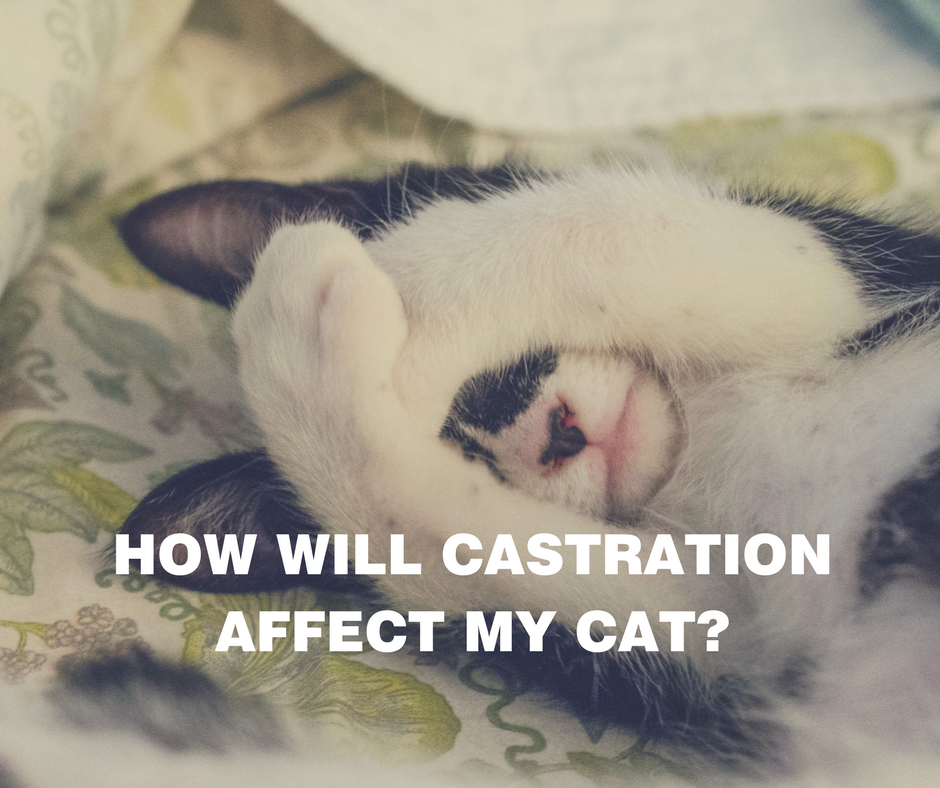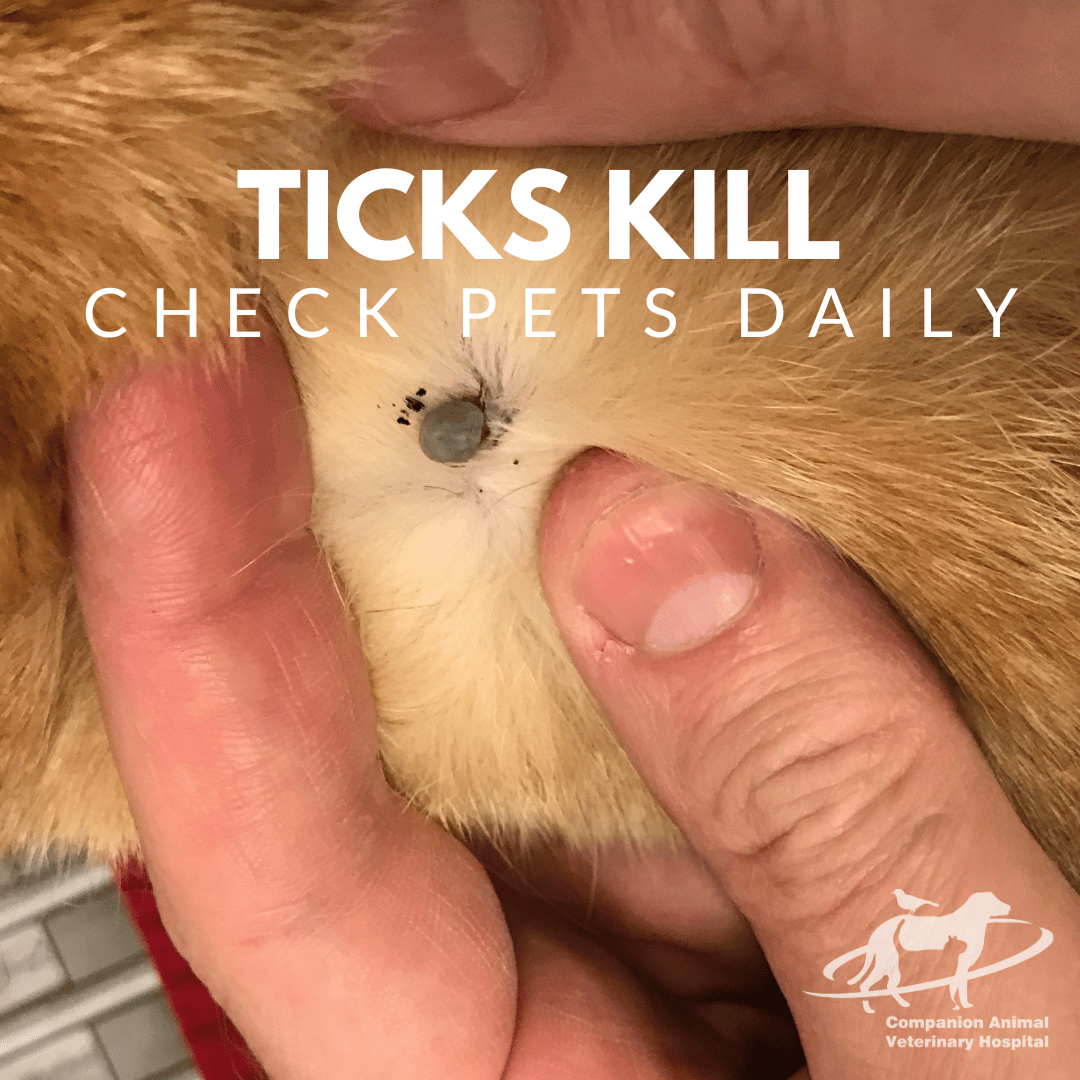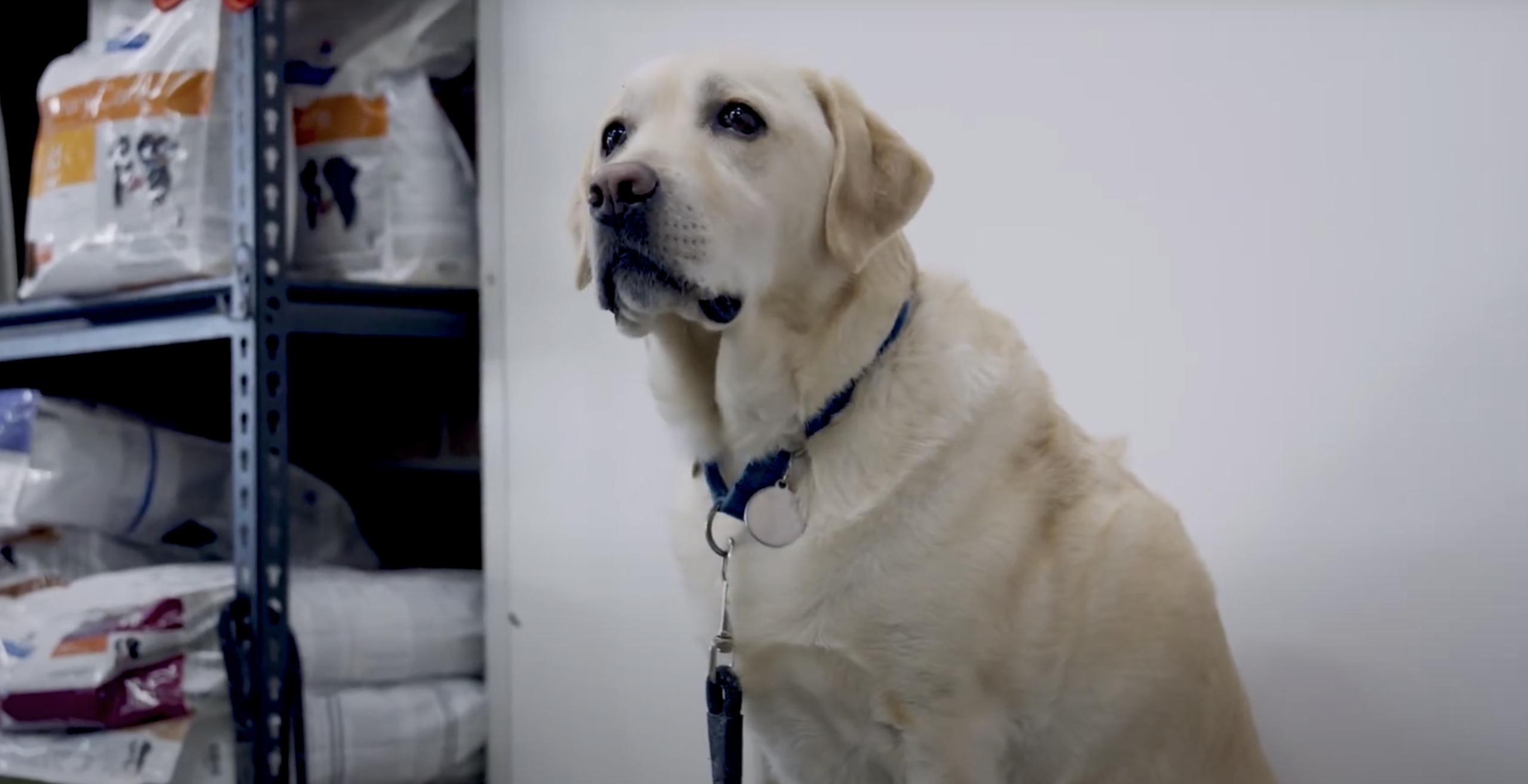Uncastrated male cats are great but…
Let me first of all say that I love uncastrated male cats, otherwise known as tom cats. As a general rule toms tend to be more loving and affectionate towards people and they often have alot of personality. That being said, I would never own an uncastrated male cat and can’t really understand why anyone would!
Why Not Own an Uncastrated Male Cat
Here’s why:
- They stink. Tom cats have a really strong smell (apparently the chicks dig it 😉 )
- They are more likely to spray. Testosterone increases their territorialism and so they like to mark their territory. Spraying is when a cat backs up to a vertical surface and squirts urine on it to mark it
- They fight. Toms will battle for territory and in doing so get into scraps with other male cats. This can lead to infections such as cat bite cellulitis, abscesses and Feline Immunodeficiency Virus (FIV) which causes Cat Aquired Immunodeficiency Syndrome (cat AIDS). FIV is spread through bite wounds.
- They roam. During the breeding season (Spring-Autumn) they will go wandering off to find the ladies and may sometimes go weeks before returning home.
The solution is castration but what is that?
The solution is pretty simple- desexing which is in males is called castration or neutering. When castrated the testicles are removed. It’s quite a quick procedure and usually there isn’t even any stitches to be removed. With good pain relief they recover very quickly and are usually back to normal the next day. Without the testicles there:
- they can’t produce unwanted kittens
- unwanted behaviours are minimised
Castration is a day procedure (check-in and check-out is on the same day) and can be done as soon as the testicles are decended. Typically we will do them at 4 months of age, but they are never too old.
So what are the effects:
- It doesn’t change their personality, it will just stop the testosterone influencing it
- They’re less likely to spray ( it’s not guaranteed though)
- They smell less (both their skin and their urine)
- They won’t roam as much
- They’ll put on weight (watch out for this one, restrict their food so they don’t become obese)
- They can’t produce any sperm (no babies for them)
- They won’t fight as much (but if you really want to stop this keep them indoors or only them outdoors in an enclosure)
We can perform castrations on any weekday, book your cat’s castration using our online booking request






